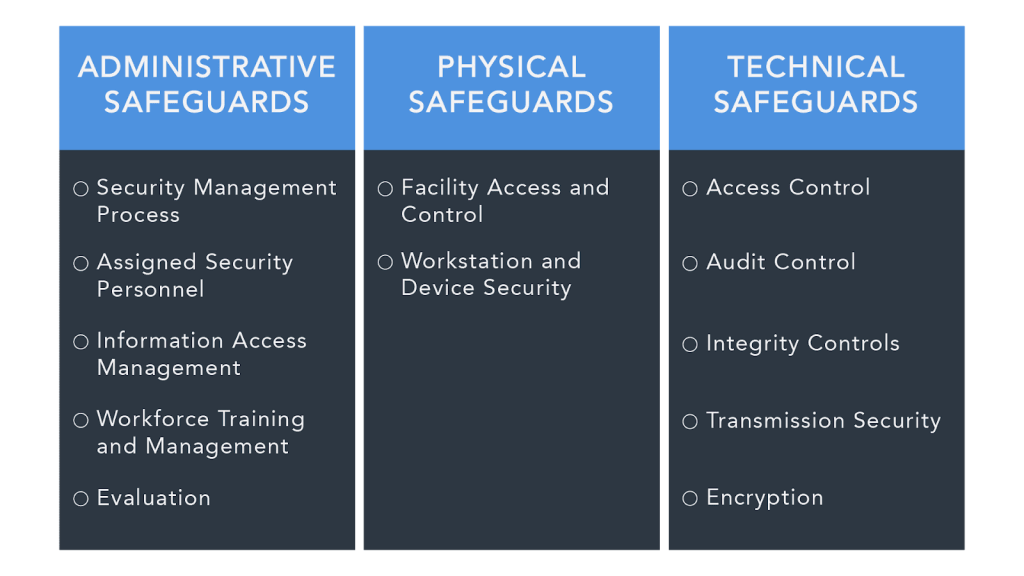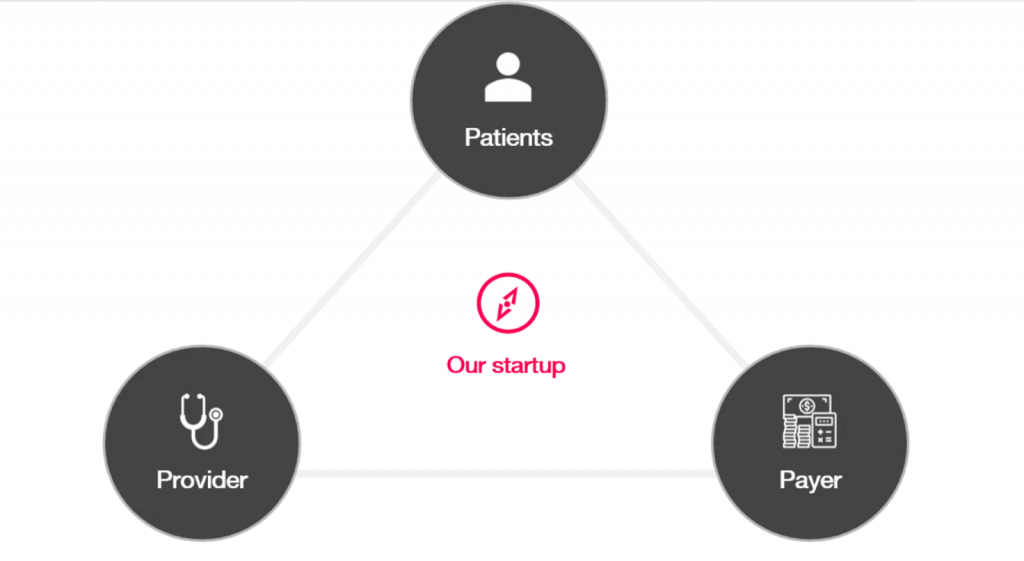- What are the top business challenges for healthcare startups?
Navigating complex regulatory frameworks, obtaining funding, finding and retaining talent, technology challenges, scaling operations, building trust with patients and healthcare providers, and more. Regulatory compliance is a key challenge for healthcare startups, as they must navigate complex laws and regulations, such as HIPAA and FDA regulations. Healthcare startups also face challenges in obtaining funding, as investors may be hesitant to invest in a highly regulated and complex industry. Finding and retaining top talent can also be challenging for healthcare startups, as they often compete with larger, more established healthcare organizations. Finally, building trust with patients and healthcare providers is critical for healthcare startups, as they must demonstrate a commitment to quality and patient outcomes to succeed in this highly competitive industry.
- How can startups solve business challenges in the early stages?
To obtain funding, startups can pitch to investors, join accelerators or incubators, or leverage crowdfunding platforms. To build a team, startups can focus on building a strong company culture, offering competitive compensation and benefits, and leveraging their network to attract talent. To find product-market fit, startups can conduct market research, gather customer feedback, and iterate on their product or service. Finally, to establish a customer base, startups can focus on creating a strong brand, building relationships with potential customers, and leveraging social media and other marketing channels.
- How can startups solve the "perfect product" issue?
By adopting an agile development process. This involves iterating and refining the product in small increments based on user feedback and testing. By releasing an MVP (minimum viable product) early on, startups can gather valuable feedback and data from users, allowing them to make informed decisions and prioritize product improvements. This approach can help startups get to market faster and ultimately build a product that better meets the needs of their target audience.
- AI SOLUTIONS
- Services
DevOps as a ServiceDevOps on autopilot
CTO as a ServiceStregthen your team
Software testingEnsure software quality
Discovery phasePlan your priduct from a to z
Cloud ServicesGeneral information about healthcare cloud services
Google Cloud ServicesEnsuring confidentiality when working with medical systems
AWS Cloud ServicesServices specially designed for the healthcare industry
Microsoft Cloud ServicesPlatform processing, analyzing and sharing medical data
- Industries
- About
- Blog
- Portfolio







